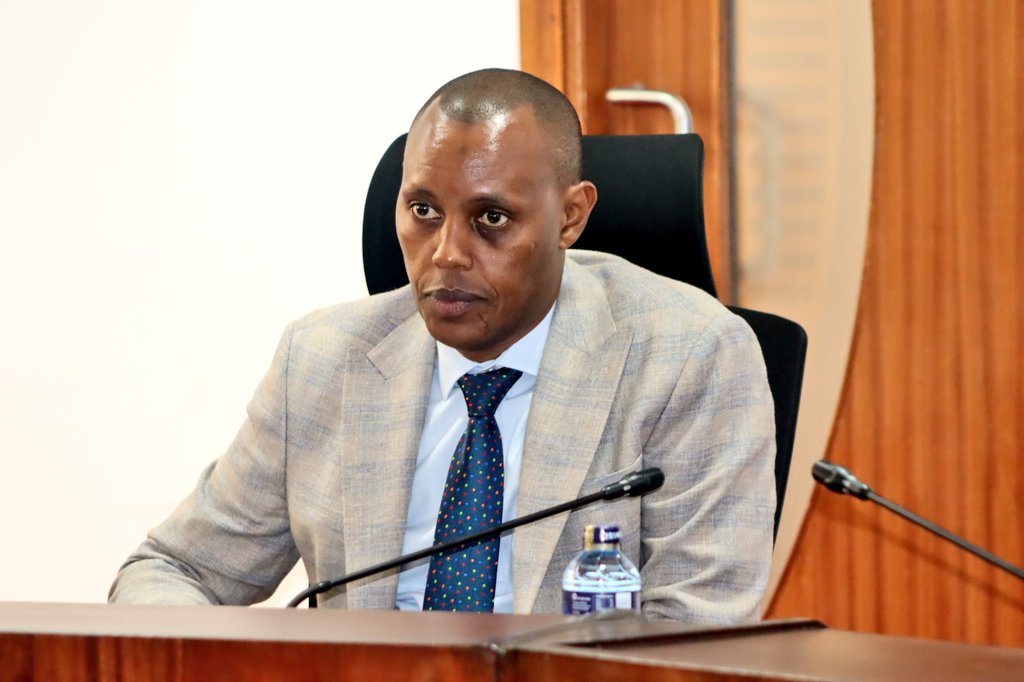The National Assembly Committee on Defence, Intelligence, and Foreign Relations is advancing its inquiry into allegations against the British Army Training Unit in Kenya (BATUK).
The Committee, chaired by Nelson Koech on Tuesday heard from Esther Njoki Muchiri, the niece of the late Agnes Wanjiru, who allegedly died at the hands of British soldiers.
Muchiri expressed deep frustration over the delays in the investigation, which has dragged on despite a petition filed over a year ago.
“We asked the DCI for a report last year. Why are we getting delays?” she questioned, urging the Committee to fast-track the process.
The Committee also heard from representatives of the Africa Centre for Corrective and Preventive Action (ACCPA), an NGO operating in Samburu and Laikipia Counties.
The NGO detailed several human rights violations allegedly committed by BATUK, including the tragic death of a local man, Mr. Robert Seuri, due to an explosive device, and the permanent injury of a minor, Mr. Lisoka Lessuyan, under similar circumstances.
Committee members were particularly concerned about the environmental impact of BATUK’s activities, including the alleged deployment of weapons such as land mines and white phosphorus in protected water catchment areas.
The environmental degradation has exacerbated human-wildlife conflicts and harmed smallholder farmers.
Kelvin Kubai, the Legal counsel for ACCPA, called for greater community involvement in Defence Cooperation Agreements and the establishment of a database to track sexual assault cases linked to the British Army’s presence.
“We want compensation, justice, and social healing to repair the relationship between the British and local communities,” Kubai stated.
The Committee is expected to engage with key agencies, including the Directorate of Criminal Investigations (DCI) and the National Environmental Management Authority (NEMA), as it seeks to establish a mechanism for redress.





